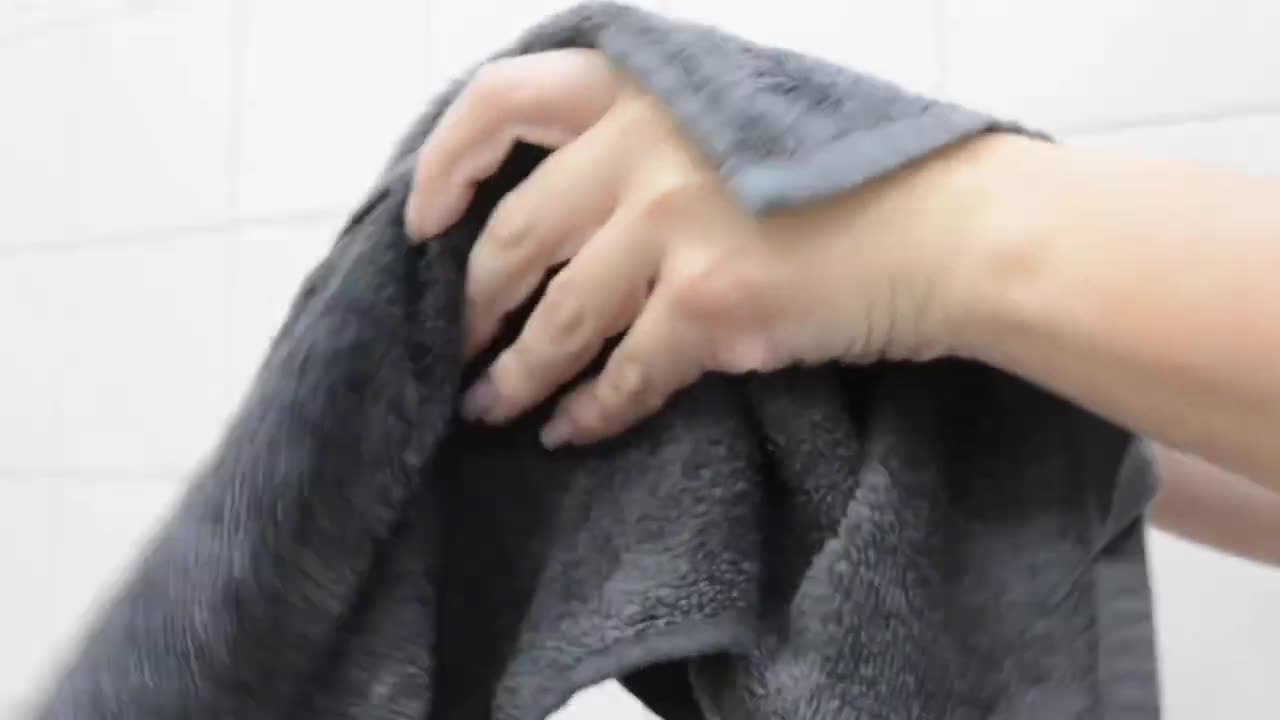Premium Only Content

Top Best Simple Preventive Measures for COVID-19 (Corona) | wowvideos
Coronavirus disease 2019 (COVID‑19) is an infectious disease caused by severe acute respiratory syndrome coronavirus 2 (SARS-CoV-2). It was first identified in December 2019 in Wuhan, Hubei, China, and has resulted in an ongoing pandemic. As of 8 September 2020, more than 27.3 million cases have been reported across 188 countries and territories with more than 892,000 deaths; more than 18.3 million people have recovered.
Common symptoms include fever, cough, fatigue, shortness of breath or breathing difficulties, and loss of smell and taste. While most people have mild symptoms, some people develop acute respiratory distress syndrome (ARDS) possibly precipitated by cytokine storm, multi-organ failure, septic shock, and blood clots. The incubation period may range from two to fourteen days.
The virus is spread primarily via small droplets from coughing, sneezing, and talking. The droplets are usually not airborne, however those standing in close proximity may inhale them and become infected. People may also become infected by touching a contaminated surface and then touching their face. The transmission may also occur through aerosols that can stay suspended in the air for longer periods of time in enclosed spaces. It is most contagious during the first three days after the onset of symptoms, although spread is possible before symptoms appear, and from people who are asymptomatic. The standard method of diagnosis is by real-time reverse transcription polymerase chain reaction (rRT-PCR) from a nasopharyngeal swab. Chest CT imaging may also be helpful for diagnosis in individuals where there is a high suspicion of infection based on symptoms and risk factors, however guidelines do not recommend using it for routine screening.
Recommended measures to prevent infection include frequent hand washing, social distancing, quarantine, covering coughs, and keeping unwashed hands away from the face. The use of cloth face coverings such as a scarf or a bandana has been recommended by health officials in public settings to minimise the risk of transmissions, with some authorities requiring their use. Health officials also stated that medical-grade face masks, such as N95 masks, should be used only by healthcare workers, first responders, and those who directly care for infected individuals.
There are no proven vaccines or specific treatments for COVID-19. Management involves the treatment of symptoms, supportive care, isolation, and experimental measures. The World Health Organization (WHO) declared the COVID‑19 outbreak a public health emergency of international concern (PHEIC) on 30 January 2020 and a pandemic on 11 March 2020. Local transmission of the disease has occurred in most countries across all six WHO regions.
Longer-term damage to organs (in particular lungs and heart) has been observed, and there is concern about a significant number of patients who have recovered from the acute phase of the disease but continue to experience a range of effects including severe fatigue, memory loss and other cognitive issues, low grade fever, muscle weakness, breathlessness and other symptoms for months afterwards.
#videosfreeonlinevfo #COVID19 #Coronavirus #SARSCoV2 #covid #coronavirus #corona #stayhome #love #quarantine #bhfyp #lockdown #staysafe #socialdistancing #pandemic #virus
-
 LIVE
LIVE
LFA TV
1 day agoLFA TV ALL DAY STREAM - MONDAY 8/11/25
827 watching -
 1:44:36
1:44:36
RiftTV
5 hours agoBREAKING: Trump FEDERALIZES D.C. To RESTORE Law & Order | The Rift | Ryan Matta, Olivia Krolczyk + Braeden Sorbo
36.6K12 -
 LIVE
LIVE
megimu32
3 hours agoOTS: Breakfast Nostalgia + Blind Chocolate Cereal Showdown… LIVE! 🍫🥣
79 watching -
 LIVE
LIVE
LIVE WITH CHRIS'WORLD
11 hours agoLIVE WITH CHRIS’WORLD - It’s Called LAW & ORDER
110 watching -
 11:07
11:07
AlaskanBallistics
1 day ago $1.02 earnedBreek-Lok Quick Detach Hub Mount and Flash Hider System Review
21.5K2 -
 57:44
57:44
Donald Trump Jr.
7 hours agoExclusive Interview with Deputy Secretary of State Chris Landau | Triggered Ep266
108K50 -
 58:40
58:40
BonginoReport
11 hours agoModern Dating Woes & How To Resist Temptation w/ Tilly Dillehay - Hayley Caronia (Ep.109)
43.7K15 -
 53:55
53:55
The Quiet Part
10 hours agoThey Want You to Sign Over Your Life Insurance—So They Can Keep Lying to You
17.9K10 -
 1:47:05
1:47:05
The Mike Schwartz Show
7 hours agoTHE MIKE SCHWARTZ SHOW Evening Edition 08-11-2025
18.4K6 -
 2:00:22
2:00:22
Quite Frankly
8 hours ago"D.C. Crackdown, Weekend News, World-Changing Inventions" 8/11/25
18.8K4